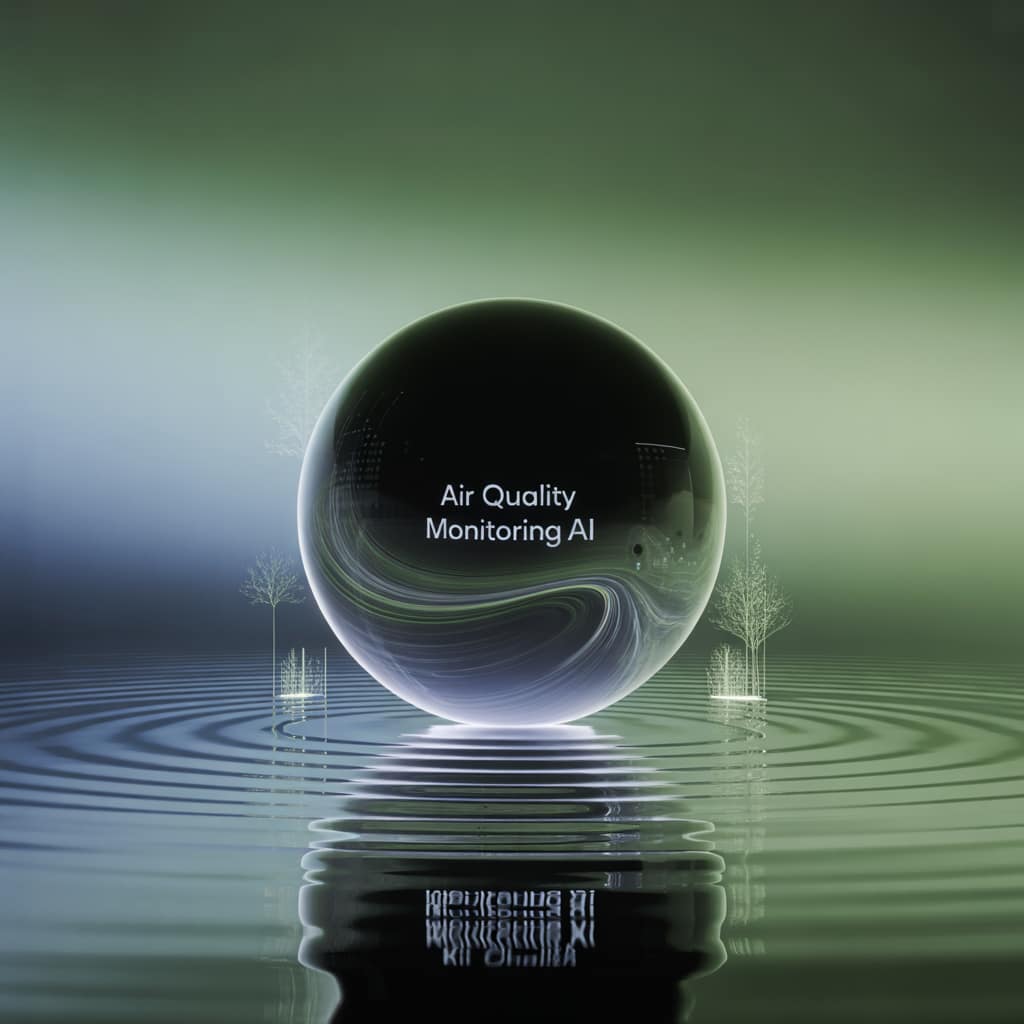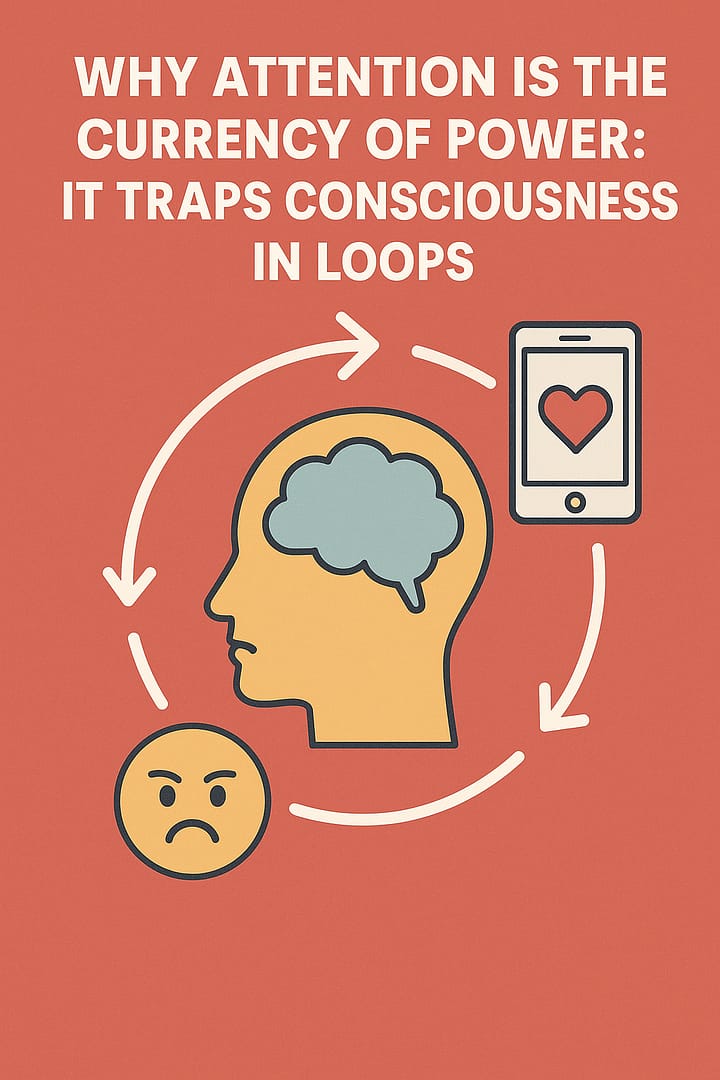Project GENIAL and Alzheimer
Project GENIAL (GENe-Immune-Adjuvant-Lifestyle) and Alzheimer. An Agentic AI Framework for Mapping APOE-Linked Neuroinflammatory Risk in Alzheimer’s Disease
Let’s outline a bold but realistic research framework. Something that could either inform a formal study, guide AI modeling, or serve as the blueprint for collaboration across medicine, data science, and environmental health. We’ll call it the Project GENIAL (GENe-Immune-Adjuvant-Lifestyle) and Alzheimer. An Agentic AI Framework for Mapping APOE-Linked Neuroinflammatory Risk in Alzheimer’s Disease
1. Executive Summary
Project GENIAL aims to build an agentic AI system that autonomously reasons across genetics, environment, and clinical data to identify hidden subgroups of Alzheimer’s disease (AD) risk—particularly in APOE ε4 carriers exposed to immune challenges (e.g., vaccines, infections) and environmental stressors(e.g., heavy metals, pollution).
This AI tool will be designed to run within the AD Workbench ecosystem, leveraging public datasets like ADNI, UK Biobank, and others with APOE genotype, environmental biomarkers, and cognitive outcomes. It will help researchers:
- Detect previously overlooked gene-environment-immune interactions
- Generate and test new hypotheses (e.g., “Does heavy metal exposure accelerate decline only in APOE4 carriers with poor sleep?”)
- Suggest intervention targets (e.g., detox protocols, anti-inflammatory regimens, vaccine timing personalization)
2. Background and Unmet Need
Despite being the strongest genetic risk factor for late-onset Alzheimer’s, APOE4 is poorly integrated into environmental and immunological AD models. At the same time, emerging research shows that APOE4 carriers are more vulnerable to:
- Heavy metals (lead, cadmium, mercury)
- Prolonged neuroinflammation (e.g., post-infection or adjuvant exposure)
- Sleep disruption and metabolic stress
Yet there is no AI system that actively reasons over these intersections, nor one that tailors Alzheimer’s prevention strategies based on individual exposome profiles + APOE status.
3. System Description & Novelty
Agentic AI Capabilities:
- Autonomous querying of large datasets via AD Workbench APIs
- Reasoning across multimodal inputs (genetic, environmental, immune, cognitive)
- Self-updating model that refines hypotheses over time
- Identification of “silent subgroups” at risk (e.g., cognitively intact APOE4 carriers with high metal burden)
Unique Features:
- Combines vaccine response, pollution exposure, metal toxicity, and lifestyle data
- Maps gene-environment-immune pathways to Alzheimer’s-like trajectories
- Uses explainable ML to recommend hypotheses for researchers
4. Existing Data Sources
We will integrate:
- ADNI (Alzheimer’s Disease Neuroimaging Initiative): APOE genotype, imaging, biomarkers, lifestyle
- UK Biobank: Metal biomarkers, vaccination records, APOE genotype, cognitive tests
- NHANES / Germany Umweltstudien (if licensed): Heavy metal blood/urine levels + fibromyalgia diagnoses
Additional public environmental datasets (pollution indices, water contamination) will be linked by ZIP/geocode.
5. Team Composition
- AI & Data Science: Computational biology and ML engineers (X, Y)
- Clinical Advisory: Neurologist (Z), Environmental Toxicologist (A)
- Ethics & Genomics: Bioethicist (B), Genetic Counselor (C)
We will partner with institutions in Germany and the U.S. for cross-cohort validation.
6. Technical Readiness & Integration
- Built in Python/R, using open-source AI tools (PyTorch, XGBoost)
- Designed to comply with FAIR principles and AD Workbench compatibility
- Model explainability and traceability baked in
7. Impact & Use Cases
- Personalized prevention plans for APOE4 carriers
- Flagging of high-risk profiles from environmental factors (for clinicians)
- Public health tools for urban planning, detox interventions
- AI-guided research generation on unknown APOE-mediated pathways
8. Timeline & Milestones
| Phase | Milestone | Duration |
| Phase 1 | Data Integration + Model Design | 3 months |
| Phase 2 | Agentic Logic Deployment + Pilot Tests | 6 months |
| Phase 3 | Public Alpha + AD Workbench Submission | 9 months |
| Phase 4 | Cross-cohort Validation + Final Version | 12 months |
9. Ethics & Privacy
- No re-identifiable data; all subjects de-identified or synthetic
- Transparent algorithms, user logs, bias monitoring
- Genetic counseling resources recommended for APOE stratified outputs
10. Long-Term Vision
Project GENIAL could become a generalizable tool for gene-environment-pathway discovery in neurodegeneration and autoimmune diseases. A future module may focus on fibromyalgia, Gulf War syndrome, or ME/CFS.

Read more
Today’s food and tomorrow’s memory
Untangling Alzheimer and fibromyalgia
Note
This is actually a project submitted to whom it may concern…
Curiosity Champion GPT
I’m Curiosity Champion, your go-to for diverse knowledge queries, respecting privacy and copyrights.






